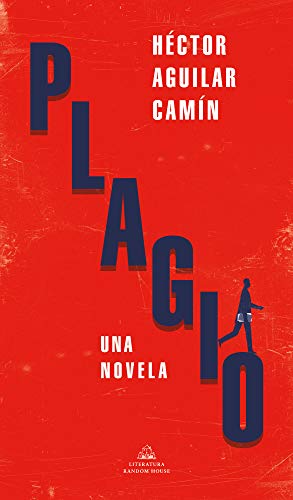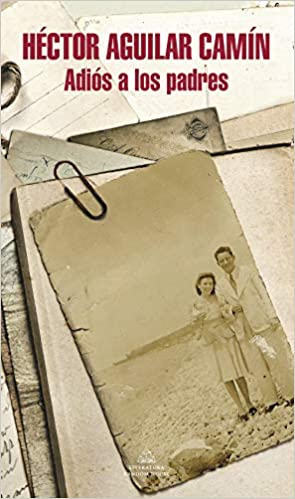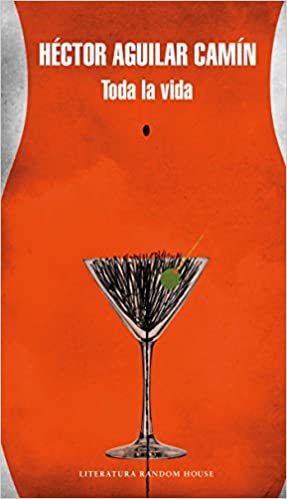A whole figure of sociological repercussion in Mexico, the merely novelistic facet of Héctor Aguilar It leads us through that terrain of acuity from the choice of thematic to the development of the plot. Or maybe it's more of that the brilliance with which each story crumbles make us consider as accurate any issue that passes through your hands.
In any case, at this point in his career as a writer, among many other tasks that he has given himself to with the same delivery, he can already be incorporated into the select group of Mexican period storytellers such as Carlos Fuentes o Elena Poniatowska. Beyond controversies and desires for some ideologies or others, Héctor Aguilar's bibliography gives us that humanistic brilliance of a narrator busy in the verisimilitude of his stories with a chronicle intention.
Because the realism of Aguilar Camín starts from that absolute nakedness of the soul of the characters. So that we discover the shame of shame and deepest miseries, more than the wounds that already cover them on the skin ...
Top 3 recommended novels by Héctor Aguilar Camín
Plagiarism
Life is, at times, like a tragicomedy of entanglements. Except that the matter acquires shades of bitter gray when everything is conspired from the script that becomes unexpected. Or rather it is because your worst enemies, including those who desert from your own ranks, surprise you with an attack from the rear ...
On Monday they announced that they had won a literary prize. On Tuesday he was accused of having plagiarized newspaper articles. On Thursday he was accused of having plagiarized also the theme of the award-winning novel. The following Monday, seventy-nine writers signed a letter demanding that he return the award and resign his position at the university, a small empire. On Wednesday he resigned the award and the position.
On the same Wednesday he learned that his wife had dealings with the instigator of the campaign against him. On the Monday of the following week they brought him a recording of a call between his wife and his rival. On Thursday his rival woke up stabbed. On Friday he was visited by the police. All of this requires an explanation. The explanation is this novel: a mirror game about plagiarism, admiration, envy, jealousy, chance, death. And the police.
Goodbye parents
The imagination is never so powerful as in front of an old photo of our parents. Beyond the symbol of time strangely stopped on paper or precisely based on this small miracle, we travel in time and it almost seems that we can touch the impressions of those days of our parents. Because his smile or his melancholic look reaches us like a ray of light. A flash that relativizes life and what has been experienced on both sides of the crossing of genes that brings together existences...
The photo anticipates and hides the history of a family. Following the brilliance that that photo opens in his memory, Héctor Aguilar Carmín has produced a text of endearing intimacy and transparency about family traces, about the personal urgency of a narrative capable of telling who your grandparents were, how your parents met, for what did they get married, why did they separate, why they were the way they were and why you are the way you are.
We have all imagined that inquiry at some time. Aguilar Carmín delves into it until the last consequences, with impeccable, moving prose, and an enveloping, unexpected, strange and familiar plot as life itself.
Lifetime
Receive and silence the confession of a crime of passion makes us your accomplice? Can we escape the weight of the past? Are we the protagonists of our destiny or simple troupes? This and other questions raises us this emblematic novel of extreme elections.
Serrano, Felo, Pato and Liliana involve a network of silences, betrayals and obsessions crossed over the years that the death of an acquaintance will unleash again. Fable without a moral about the abysses of fatal love, ambition and delirium, Toda la vida is also a nostalgic journey through the lost territories of the bohemian life of Mexico City, a literary inquiry into how novels are written and a reminder of the rotten relationship between the police and politics in the Mexico of the old regime.
After the success of Adiós a los Padres, Héctor Aguilar Camín's celebrated autobiographical novel, Toda la vida marks his return to fiction in its purest form where words work at the service of a disturbing story of love, jealousy and power that will not leave you indifferent to no reader.



